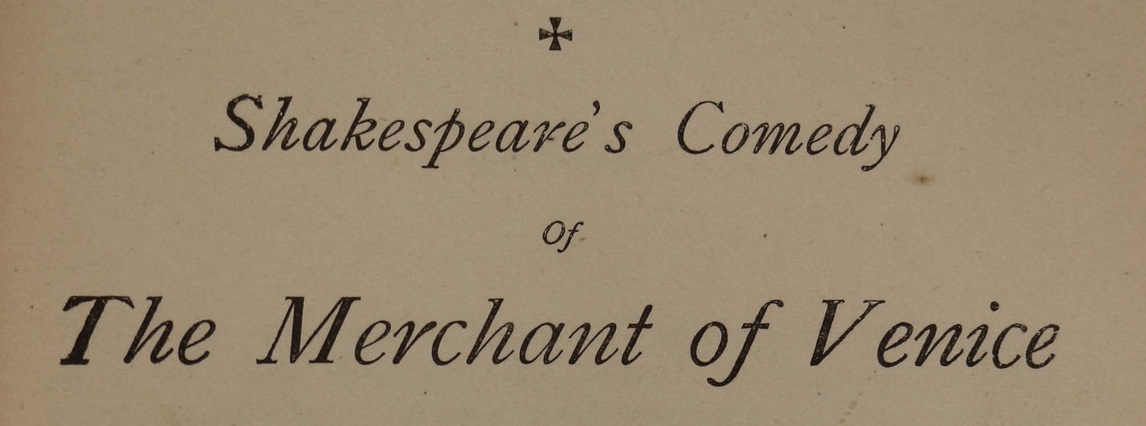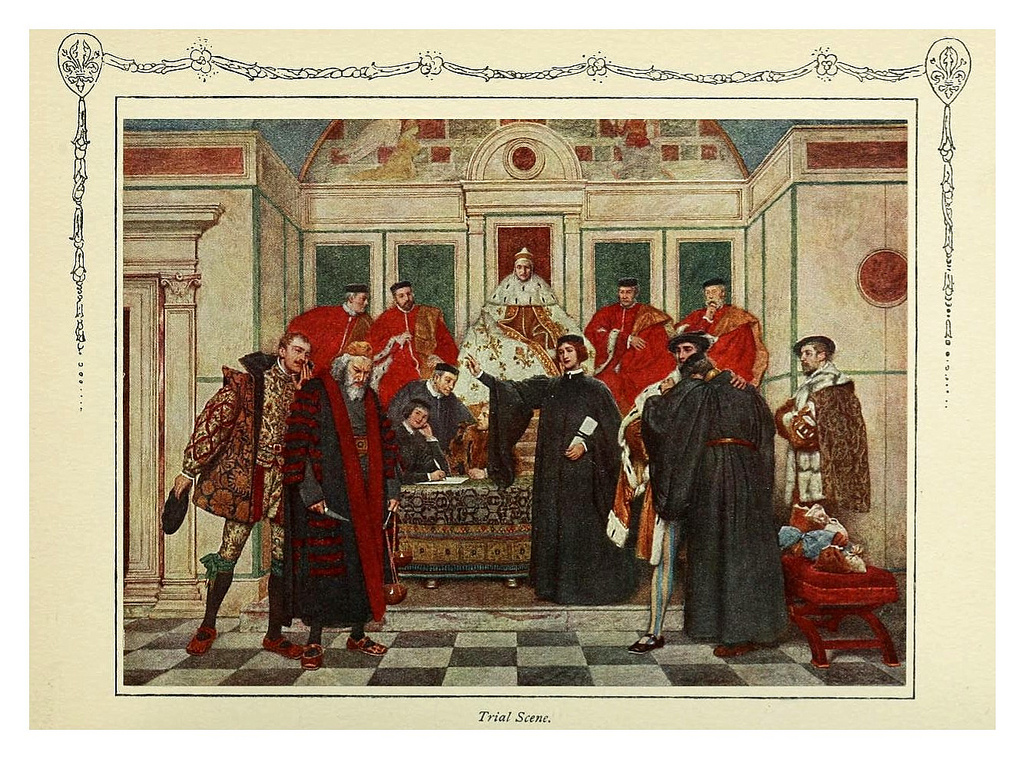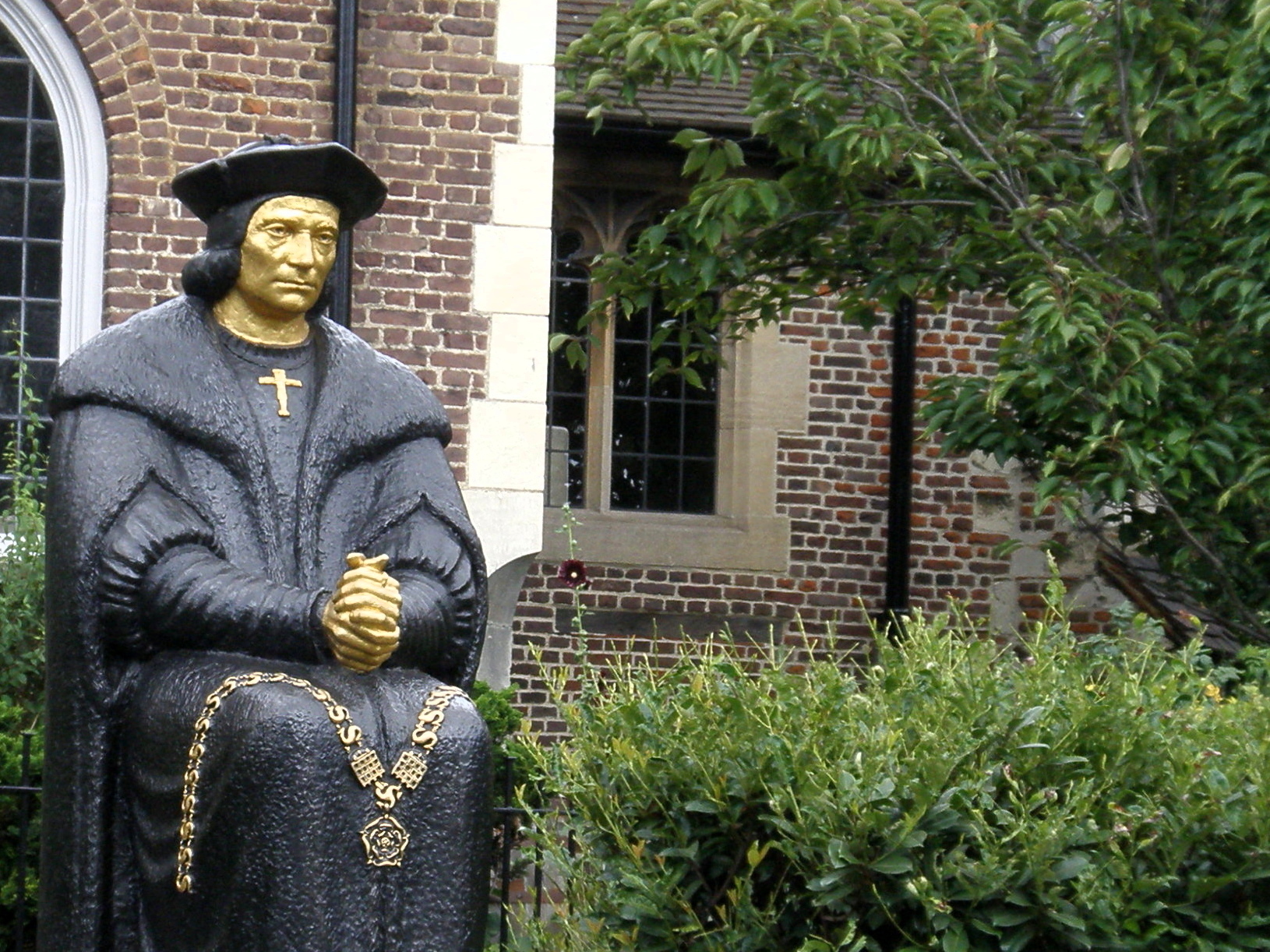23 April 2016 was the 400th anniversary of the death of English playwright William Shakespeare. Shakespeare’s birth date is unknown, but he was baptised on 26 April 1564, exactly 452 years ago.
Shakespeare is regarded by many as the greatest writer in the English language. His plays include Romeo and Juliet (a tragic tale of two young lovers whose deaths reconcile their feuding families) Macbeth (in which ambitions for the Scottish throne lead to murders and madness) and A Midsummer Night’s Dream (a comedy in which actors and lovers are manipulated by fairies).
Today we take a look at the themes in Shakespeare’s plays which echo in our modern language of human rights.
Mercy in The Merchant of Venice

The Merchant of Venice features the trial of a man named Antonio, who guarantees a loan between his friend Bassanio and a moneylender called Shylock. Bassanio needs the cash for a chance to win over a wealthy heiress: Portia. Shylock only agrees to the loan on the condition that, if the debt is not repaid, Shylock may take a pound of Antonio’s flesh. Antonio cannot repay the debt and Shylock brings him to court.
Bassanio’s new wife Portia, disguised as a lawyer, appears at the trial and urges Shylock to show mercy:
The quality of mercy is not strained;
It droppeth as the gentle rain from heaven…
It blesseth him that gives and him that takes:
‘Tis mightiest in the mightiest…
And earthly power doth then show likest God’s
When mercy seasons justice…Portia, The Merchant of Venice
Basically, she says that mercy is a virtue. ‘Tis mightiest in the mightiest’ means that it is best when those in power show mercy. The idea of having restraints on the powerful is central to human rights.
The concept of proportionality – that any interference of the law should be the least intrusive possible – is important in human rights. Proportionate punishment is enshrined in Article 49 of the European Union’s Charter of Fundamental Rights: the severity of penalties must not be disproportionate to (criminal) offences. This is slightly different from the play, which concerns a civil matter between contracting parties, but the themes of fairness and proportionate justice are strongly reflected in human rights.
Questions over religious tolerance

The Merchant of Venince also has an interesting treatment of religious tolerance. Some view the play as expressing troubling themes of anti-Semitism, which is prejudice or discrimination against people of the Jewish faith. Shylock is Jewish and his depiction as a villain is seen by some as a continuation of a tradition of prejudice in Elizabethan society. His coerced conversion to Christianity contradicts the freedom to hold religious beliefs.
Others interpret the play as a call for tolerance, pointing to the fact that Shakespeare gave Shylock an eloquent speech advocating empathy and equality:
Hath not a Jew eyes?
Hath not a Jew… senses, affections, passions;
Fed with the same food, hurt with the same weapons…
warmed and cooled by the same winter and summer as a Christian is?Shylock, The Merchant of Venice
To some, this speech makes Shylock a tragic or sympathetic character. Others disagree, arguing that Shylock uses it to explain why he should be equally entitled to take revenge for Antonio’s mistreatment of him. Some argue that Shylock may deserve a penalty for his unreasonable demands, but “his religion certainly is not guilty!” Whatever your interpretation, it is a fascinating discussion.
Solidarity with people fleeing oppression in Sir Thomas More

The Book of Sir Thomas More is a play based on the life of Thomas More, Lord Chancellor of England during the reign of King Henry VIII. The original manuscript contains handwritten revisions which some attribute to Shakespeare.
A scene depicts the May Day riots of 1517. Many Londoners had come to resent the presence of foreigners, accusing them of taking local jobs and wealth. The rioters stirred up trouble in the streets and looted foreigners’ homes.
In an emotive speech, Sir Thomas More argues for the humane treatment of those who flee their homeland to seek a better life elsewhere:
Imagine that you see the wretched strangers,
Their babies at their backs and their poor luggage,
Plodding to the ports and coasts for transportation,
And that you sit as kings in your desires…
Say now the King should… banish you, whether would you go?
Would you be pleased
To find a nation of such barbarous temper,
That, breaking out in hideous violence,
Would not afford you an abode on earth…?
This is the strangers case;
And this your mountainish inhumanity.Sir Thomas More, The Book of Sir Thomas More
In this speech, More implores the rioters to empathise with the foreigners (‘strangers’, as he calls them). He shames the rioters, telling them to ask themselves how they would feel if, forced to leave England, they received such ‘barbarous’ treatment in another country.
Freedom from inhuman and degrading treatment is a human right. So is freedom from discrimination on the ground of nationality. Commentators on Shakespeare’s work have drawn a parallel between the dire situation of refugees fleeing war and oppression today and Sir Thomas More’s plea for compassion. The UK has recently been warned against harsh policies which stigmatise people fleeing conflict.
Celebrating 400 years of the Bard

Shakespeare’s work provided us an abundance of fantastic quotes, and many of you kindly suggested some of the best human rights-themed extracts on Twitter. Thank you for your recommendations. We are particularly grateful that no one chose this famous quote:
The first thing we do, let’s kill all the lawyers.
Shakespeare’s Henry VI, Part 2
Please feel free to recommend other interesting human rights themes from Shakespeare and other literature – we are always keen to read your suggestions and debates about the role of human rights.
You can learn more about human rights and justice here, about religious freedom and tolerance here and about the human rights of people seeking refuge here. Also take a look here for some suggestions of great human rights reads!







